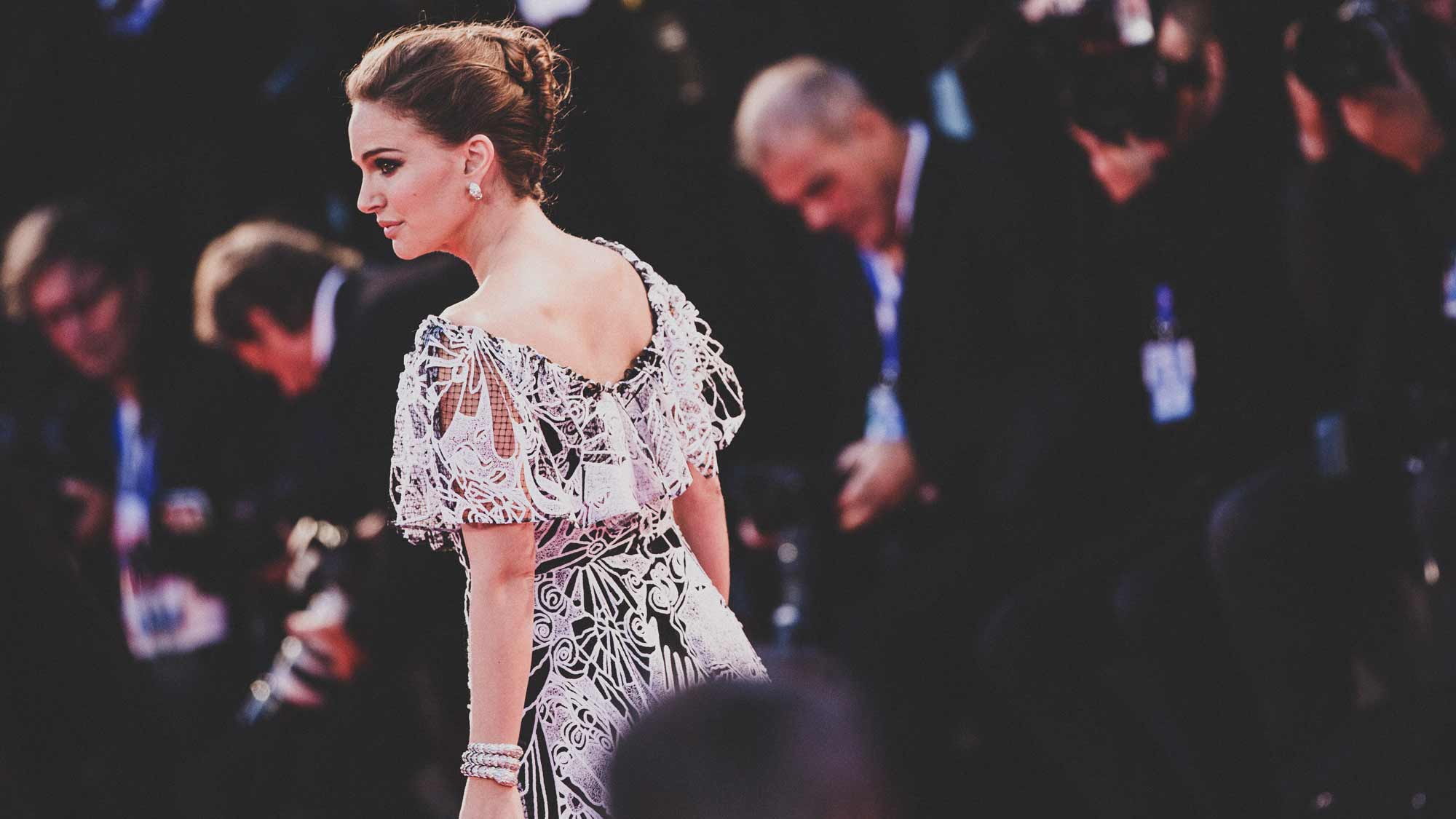Only 1 out of 21 films in the Venice Film Festival was directed by a woman – seriously?!
'I Don't Think It's Our Fault'


Celebrity news, beauty, fashion advice, and fascinating features, delivered straight to your inbox!
You are now subscribed
Your newsletter sign-up was successful
'I Don't Think It's Our Fault'
'I’m sorry that there are very few films from women this year, but we are not producing films.'
Yep, that was the pass-the-buck response from Venice Film Festival director Alberto Barbera when he was called out about the fact that only one of the 21 films screening in the competition this year was directed by a woman.
He's been quoted saying: 'I don’t like to think in terms of a quota when you make a selection process' but isn't it imperative that he does think like this?
Diversity needs to be represented throughout all walks of life - and although his defence is that he judges films for their content, rather than the team behind it, isn't it all of our responsibilities to ensure all voices are heard?
And, it's hardly like we're short on amazing female directors either (hello Kathryn Bigelow, Patty Jenkins, Sofia Coppola and Ava DuVernay, among others).
But, no, none of these women's films are screening this year in the festival that starts today and ends on 9th September. Instead, the only woman waving the female flag is Chinese director Vivian Qu with her film Angels Wear White - which at least is something.
Celebrity news, beauty, fashion advice, and fascinating features, delivered straight to your inbox!
Jessica Chastain has already spoken out about this disparity when this year's Cannes Film Festival only screened 3/18 films directed by women, saying: 'Of course I wish there were more female filmmakers presented in the festival,' she says. [But] to go to the root of the problem, if more women were encouraged to work in film and had the opportunity to take on major creative roles, I'm sure we will see more and more films by women.'
And she's right. The issue is that everyone is blaming someone else. It's not the festival's fault, it's the film industry's fault, and it's not the film industry's fault, it's education's fault (and so on) but to just continually shrug your shoulders on the subject is simply unimaginative. As executive director of the Center for the Study of Women in Television and Film at San Diego State University, Martha Lauzen, so eloquently put it: 'Making room for gender diversity or diversity of all kinds does not also require the lowering of one's standards.'
In fact, better representation is only going to improve it.
